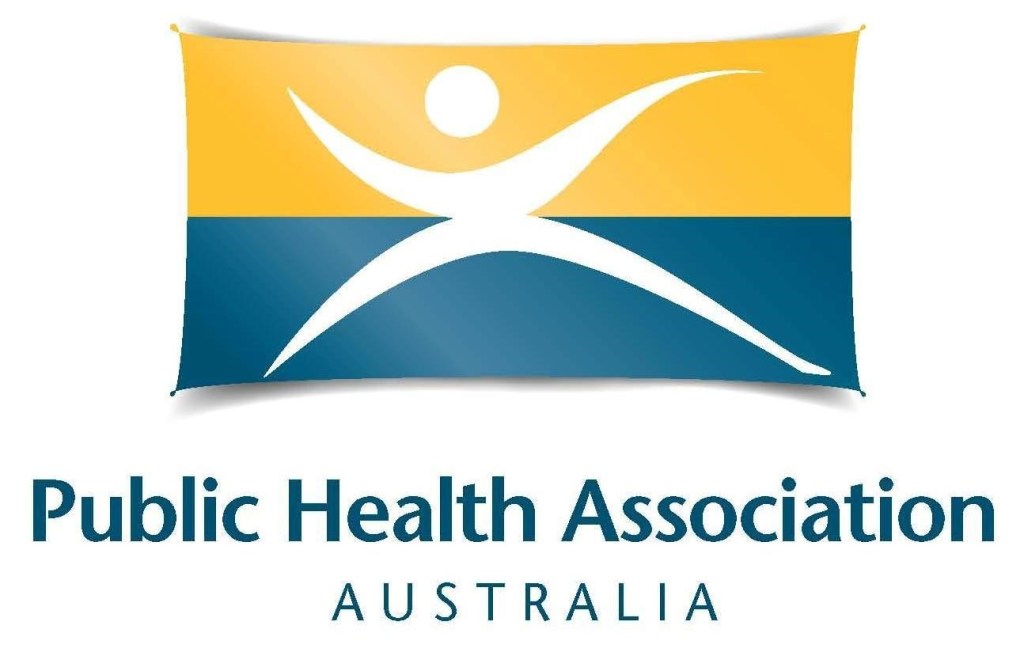Dr Silvana Bettiol, Associate Professor Archana Pradhan, and Professor Steve Kisely
The increasing global challenge of mental health disorders poses a substantial burden on public health worldwide. Today, it accounts for approximately 5% of the worldwide disease burden. Those affected face an increased vulnerability to physical multimorbidity, encompassing conditions such as diabetes, respiratory and cardiovascular diseases, cancers, and infections.
Notably absent is the impact of oral health issues on individuals living with psychiatric disorders. Individuals grappling with depression and anxiety exhibit higher instances of dental decay, periodontal disease, and tooth loss. Oral diseases contribute to increased mortality rates, impacting the personal, social, and economic burdens of mental disorders. This is most pronounced in individuals with severe mental illnesses compared to the general population.
Oral health issues are a growing concern for clinicians and public health experts alike. Earlier this year, dentist Easter Joury and psychiatrist Steve Kisely highlighted the interplay between mental and dental health, which has been gaining widespread and increasing recognition in the scientific community.
Mental disorders can exacerbate oral diseases through risky behaviours and limited access to dental care. Psychotropic medications, common in mental health treatments, also pose risks like xerostomia – the sensation of oral dryness, resulting from diminished saliva production – and eating dysregulation. Oral diseases profoundly affect quality of life for individuals with mental disorders, with reported outcomes including pain, functional limitations, and social disabilities.
Conversely, tooth loss, oral pain, periodontal disease, and tooth decay can cast a shadow over one’s mental wellbeing, contributing to mental disorders through neuroinflammation, chronic stress, and poor nutrition. A 2022 study revealed that over 65% of respondents who reported poor mental health did nothing to address their oral health symptoms due to financial and emotional challenges. The financial burden extends to emergency department visits, with individuals with mental disorders more likely to experience avoidable dental presentations. Dental conditions rank as the third most common reason for preventable hospital admissions in people with mental disorders.
Joury correctly points out that “very little is known about effective and scalable interventions to tackle such a burden.” Despite the comprehensive WHO Mental Health Action Plan 2013–2030, the Australian Institute of Health and Welfare (AIHW) report that 32% of adults (aged 15 and over) in Australia have untreated tooth decay, while 11% exhibit an average number of decayed, missing, or filled teeth.
Although the proportion of Australian adults with no natural teeth has decreased, there is a rise in adults with fewer natural teeth and missing teeth as age increases. Consequently, dental health issues are frequently reported to lead to social withdrawal, diminished self-esteem, and psychological distress. In Australia, the National Oral Health Plan 2015-2024 focuses narrowly on individuals with addiction or specialised needs.
What can psychiatrists and public health professionals do to enhance oral health outcomes for individuals experiencing mental disorders?
The American Psychiatric Association highlights oral disease as a complex problem but recognises that healthcare professionals often overlook patient oral health.
The recent surge in global recognition and support for the integration of oral and systemic healthcare highlights the pressing need for collaboration and coordination among dental and other health professionals. Foundational research by Brigg, Patterson, and Pradhan demonstrates the substantial benefits of intersectoral partnerships and unifying education, research, and clinical practice into integrated models with the objective of enhancing healthcare for all.
While understanding the bidirectional relationship of mental and dental health is crucial for placing oral diseases on the global multimorbidity research agenda, it oversimplifies a complex issue. The relationship between mental and dental health is a complex web of interactions and dependencies; they are not isolated issues, but rather interconnected elements within a larger system of influence.
The path forward involves determining research priorities collaboratively, identifying uncertainties, and advocating for changes in funding priorities. Developing intervention theories for complex interventions requires input from stakeholders, evidence from relevant disciplines, and consideration of behaviour change theories.
How can a systems thinking approach transform the relationship between mental disorders and oral diseases?
In the context of healthcare, researchers may need to adopt a more holistic approach through systemic methodologies that explore the intricate interplay between individuals and their environment. Psychiatry and dentistry are a complex system, encompassing individual factors like psychological wellbeing, coping mechanisms, and oral hygiene behaviours; interpersonal factors such as social support and family dynamics; and contextual factors like socioeconomic status, access to dental care, health policy, and economics.
Systems thinking research methods tackle complexity by focusing on the entire system rather than isolated components. The work of Brockenhurst et al. and Broomhead and Baker delves into the promise of participatory research and systems thinking. The conventional wisdom of isolating and controlling factors within a system is practised as usual, but a long-term goal of embracing a view of the system as a complex, adaptive process where interactions unfold dynamically, uniquely, unpredictably, and nonlinearly delivers more favourable outcomes.
The adoption of an array of analytical methods that possess the capacity to analyse the broader perspective – considering both the issue at hand and its surrounding contextual structure – can be extended to address matters related to mental health as well as dental concerns.
It is imperative to develop and adapt research methodologies not only to foster interdisciplinary collaborations, but also to identify feedback loops, unintended consequences, and leverage points. Initiatives like these are essential for renewing the science and nurturing holistic approaches to complex problems such as mental and dental health.


Leave a Reply